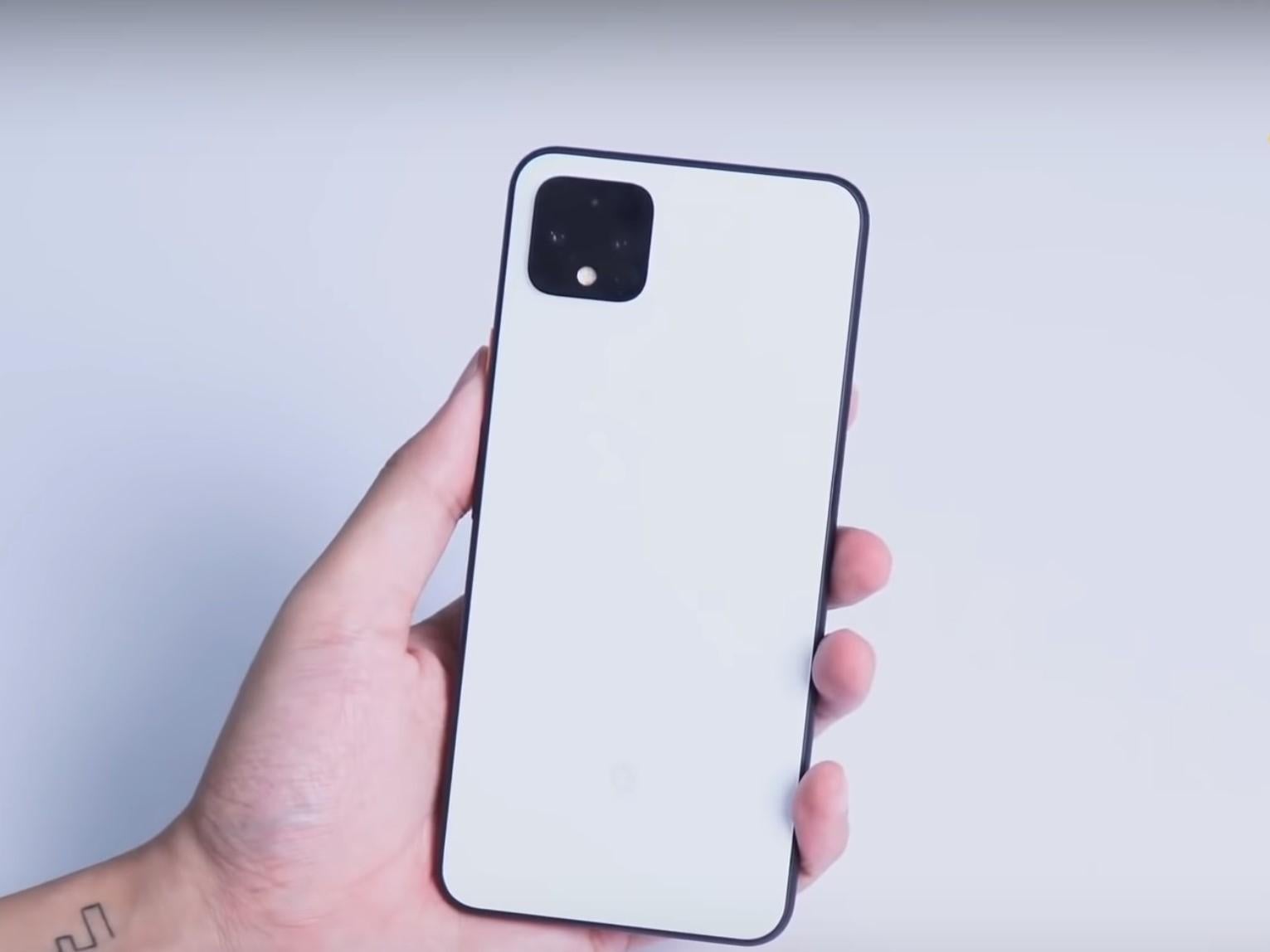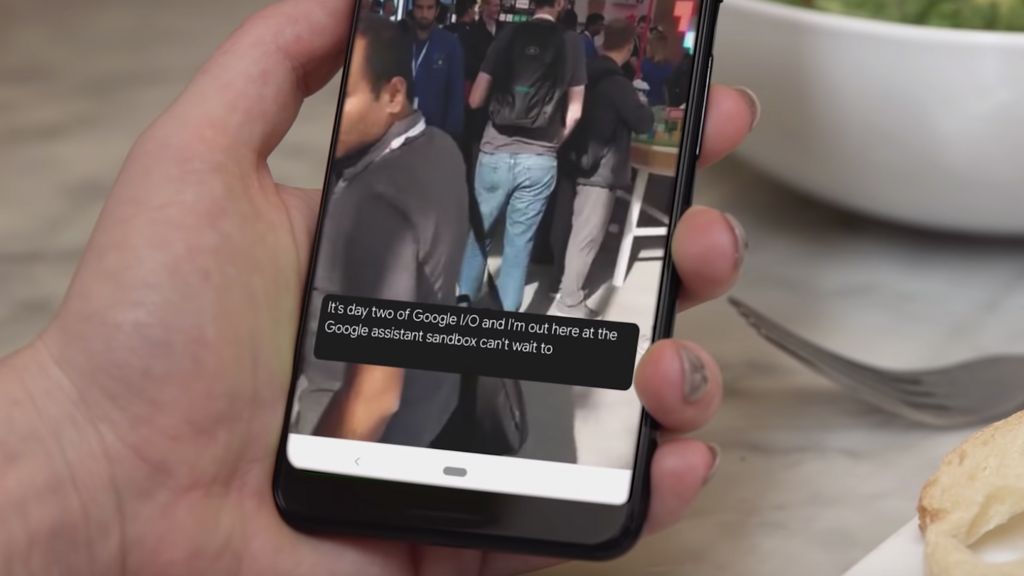Google Pixel 4 will launch with radical Android 10 AI feature
Live Caption uses artificial intelligence to completely change how users watch videos on their phones

The new Pixel 4 phone will come with an innovative feature first teased by Google earlier this year during a demonstration of its Android 10 operating system.
First spotted by XDA Developers, Google’s latest flagship smartphone will see the debut of Live Caption, which uses artificial intelligence to automatically transcribe speech from audio or videos playing on a phone.
When enabled, Live Caption adds real-time subtitles to media played on apps including Facebook, Instagram, Netflix and YouTube.
The feature was extremely accurate when it was first demonstrated at Google I/O 2019 in May, though it is yet to be tested in the real-world.
A developer version tested by XDA Developers was described as "accurate enough... to understand what was being said without having to turn the volume up".
Live Caption is aimed at improving accessibility for deaf and hard of hearing users, though will also prove useful to anyone who wants to watch a video without playing the audio.
"For 466 million deaf and hard of hearing people around the world, captions are more than a convenience - they make content more accessible," Google said in a blog post at the time. "We worked closely with the Deaf community to develop a feature that would improve access to digital media."
Speaking on stage at Google I/O, CEO Sundar Pichai said: "You can imagine all the use cases for the broader community too. For example, tha ability to watch any video if you're in a meeting or on the subway without disturbing the people around you."

English will be the only language supported by Live Caption and it will not work with phone calls, voice calls or video calls.
Google revealed in September that the Pixel 4 range of phones will be launched at an event in New York City on 15 October. Pre-orders will likely open on that day before the global release date before the end of the month.
Numerous other leaks mean there will be little left for Google to reveal at launch.
It is expected to come with a significantly improved camera, as well as gesture controls that allow users to navigate by waving their hands at their phones.
Join our commenting forum
Join thought-provoking conversations, follow other Independent readers and see their replies
0Comments